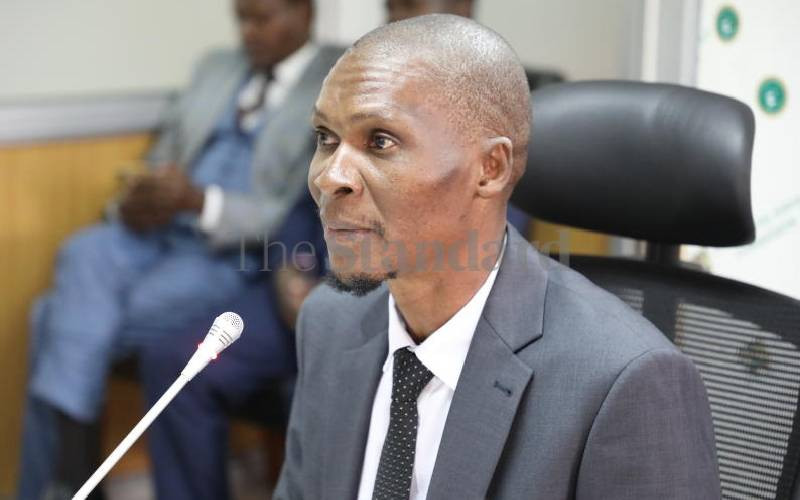×
The Standard e-Paper
Home To Bold Columnists

The High Court has suspended the execution of its orders that allowed litigants to auction government assets to recover debts.
Justice Nixon Sifuna stayed the execution of his March 15 verdict until an appeal by Kenya Deposit Insurance Corporation (KDIC) is heard and determined.